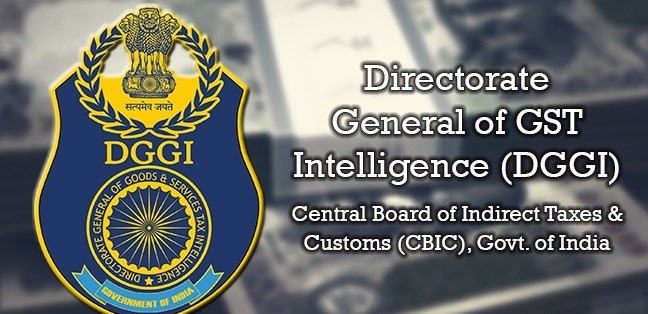The Directorate General of GST Intelligence (DGGI) has started sending notices of tax liability of thousands of crores to online gaming companies. Many firms playing online games with money have been sent notices on charges of GST evasion. Many companies have been issued notices for tax dues up to 10 times their total revenue. Many firms have also reached the court challenging the notice.
Industry insiders say the total GST dues could be over Rs 1.5-2 lakh crore after notices are served to all major gaming firms. Initial notices have already been sent to two of the country’s three unicorn gaming companies – Dream11 and Games 24×7. The third company is MPL, which is yet to receive the notice. The notices are being sent after the GST Council’s decision to impose a 28 per cent tax on online gaming in July this year.
How much is the tax claim??
On September 12, Mumbai-based Dream11 received a notice to pay GST in line with gambling and lottery firms. It claimed a tax of Rs 217 crore against Dream11’s FY18 revenue of Rs 228 crore, and a tax claim of Rs 1,006 crore against FY19’s revenue of Rs 802 crore. Other companies that received notices include Bengaluru-based Gamescraft and Head Digital Works. Experts said that an initial notice of Rs 20,000 crore has already been sent to Games 24×7 and a notice of Rs 5,000 crore has also been sent to Head Digital Works.
Is there a case??
The DGGI claims that the business of these companies has been shown in the wrong business category. According to him, these startups are actually gambling firms and not gaming firms. The counsel for a top gaming firm said the DGGI has been filing retrospective claims based on the Centre’s new 28% tax rate on the sector. While these gaming firms have calculated tax at 18% of their net earnings (previous tax rate), DGGI’s calculation is based on the revised 28% rate. Gaming platforms with skill-based games currently offer 18 per cent GST on platform charges. The new rules, which will come into effect from October 1, do not make any distinction between skill or chance sports.
How this difference is being calculated?
If a gaming startup gets Rs 100 as a fee from the user for playing the game, they earn around Rs 10 as ‘platform fee’. Before the new tax system, startups were paying Rs 1.80 i.e. 18% GST on this Rs 10. Under the new tax regime, 28% GST is mandatory on the entire Rs 100. With this, the tax claim of DGGI has increased by 15 times.
Reaction of the gaming industry: Lawyers in this industry termed these tax claims disproportionate, as demand is exceeding the revenues of these firms. These firms are likely to receive claims for earlier years.
An official of an online gaming firm said that Finance Minister Nirmala Sitharaman had not recommended tax liability on retrospective claims i.e. earlier revenue after the 51st GST Council meeting on August 2. At present, online gaming companies can challenge these notices only through writ petitions in the courts. A writ petition against a show cause notice sent under Section 73 or 74 of the CGST Act, 2017 can be admitted for hearing.
What is the legal basis of these claims??
Lawyers for the gaming industry said the claims are reminiscent of the government’s Rs 11,218 crore retrospective tax claim and Rs 7,900 crore penalty on Vodafone. In gaming, courts, including the Supreme Court, held that these startups offer games of skill, which is not gambling. This is why the retrospective GST claim is being debated at the same level as gambling. Separating games of skill and opportunity will also help differentiate startups like Gamescraft, Dream11 and Games24x7from gambling and lottery entities.
